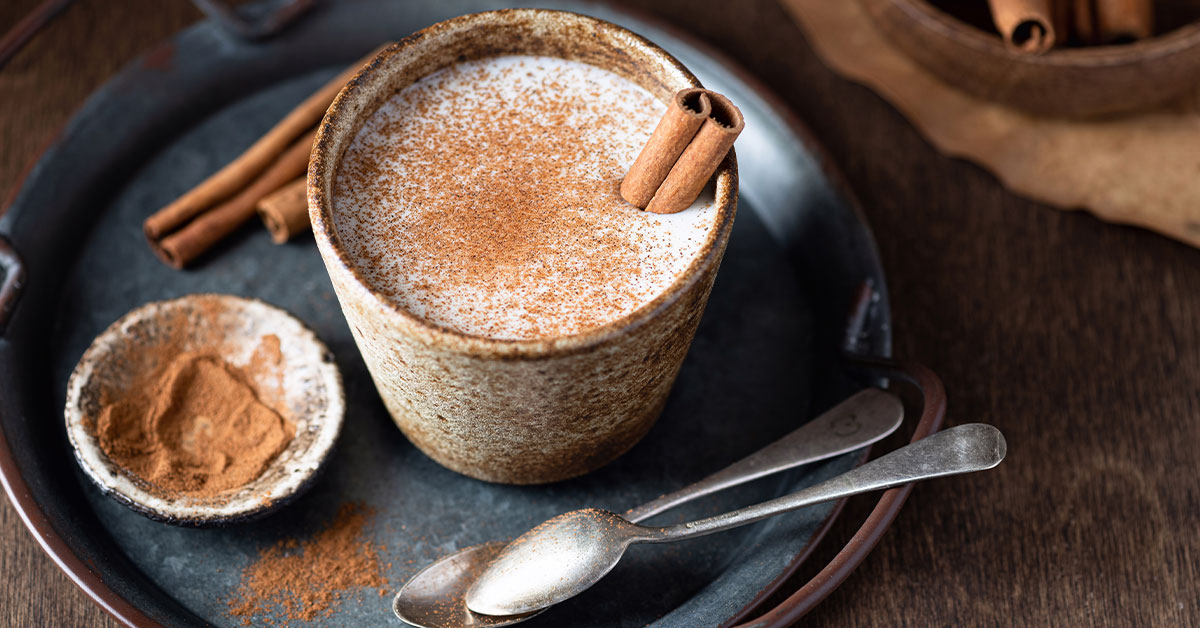WHAT HAPPENS TO OUR BODY WHEN WE CONSUME PROTEIN
The health benefits of it!

As winter sets in and temperatures continue to drop, many neighborhoods in Athens, and especially in Thessaloniki or other cities in Northern Greece, fill with street vendors selling salepi.
Salepi has long been a favorite winter drink of older generations. Today, it continues to be sold successfully, maintaining its timeless charm thanks to its many health benefits.
Salepi, in its powdered form, is made from the tubers of the Orchis mascula orchid plant. These tubers are harvested during the summer months, then dried and ground into a fine flour.
This plant is considered a rare species that grows and is cultivated in the soils of the Balkan countries and the Middle East. It has a long-standing tradition in both Greece and Turkey.
Its older name in Greek was sernikovotano (literally, “male herb”), and it was widely consumed up until the 15th century, just before it was gradually replaced by drinks like tea and coffee.
Salepi contains two important substances: arabin and tragacanth, both of which belong to the group of carbohydrates. In particular, arabin may effectively help regulate blood sugar levels, making it a suitable sugar substitute for people with diabetes. It also acts as a prebiotic, supporting the function of beneficial gut bacteria.
Two other key ingredients found in this drink are phosphorus and calcium. These minerals serve as essential building blocks for bone structure and contribute to improved muscle endurance. Additionally, calcium supports blood clotting, while phosphorus plays a vital role in tissue and cell development and repair.
Salepi also contains a sticky substance called bassarin. When boiled with water, it transforms the drink into an excellent natural remedy for coughs, respiratory infections, and issues related to the stomach and intestines. It also significantly boosts the immune system. Due to the spices it contains, salepi can also act as a warming beverage, an ideal alternative to other herbal teas.
It’s also known for its aphrodisiac properties, which are enhanced by the aromatic spices typically added to it, such as ginger, cinnamon, clove, and vanilla. These ingredients have been scientifically shown to help address various health issues, including diabetes, increased susceptibility to infections, oxidative stress, and more.
When consumed without added sweeteners (such as sugar or honey), salepi contains only 15 calories per serving. With added sweeteners, it reaches about 30 calories per serving.
The Ioannina salepi is considered the most authentic type of salepi in Greece and is known as one of the finest varieties available.
Since salepi has such a rich tradition as a beverage in Greece and street vendors have become increasingly rare, it’s now easier than ever to prepare this wonderful drink at home!